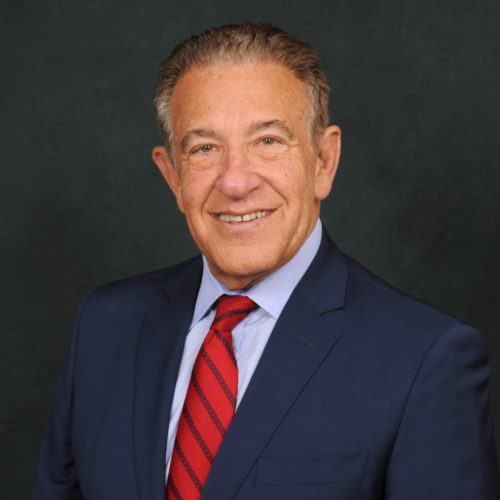Featuring Barry A. Hendin, MD
MSAA’s Chief Medical Officer
Question: What types of medications are prescribed for pain in MS and what types of
complementary and alternative medicine (CAM) may be helpful?
Answer: Management of pain includes but is not limited to prescription medications. Our initial goal is to assess the cause of the pain and then to try to manage the pain itself. Pain in multiple sclerosis (MS) can come from lesions in the central nervous system (CNS), which produce very specific symptoms of intermittent facial pain (called trigeminal neuralgia) or burning and itching discomfort in various parts of the body.
The pain that comes from the injury or lesions in the CNS, may require specific strategies such as the use of anti-seizure medications, including carbamazepine, oxcarbazepine, and topiramate. In addition, anti-anxiety and antidepression medications may be effective in treating this type of pain as well.
Pain in MS may also be nonspecific, due to musculoskeletal origins from changes in posture, gait, and core body strength. For less specific pain syndromes, non-prescription over-the-counter medications may be helpful, such as acetaminophen (Tylenol®) or nonsteroidal anti-inflammatory agents (NSAIDs), such as aspirin, ibuprofen (Motrin® and Advil®) and naproxen (Aleve®). Some may also find some degree of pain relief through topical patches, such as those with lidocaine.
Prescription medications may include opioids used on a scheduled or as-needed basis. However, there are clearly limits and potential dangers in the long-term use of opioid medication.
Fortunately, some of the nonspecific pain syndromes, including the MS hug, are transient and require only brief intervention. When pain becomes chronic, a team approach is often needed. This approach may include pain-modulating agents, such as low-dose tricyclic antidepressants (including amitriptyline and nortriptyline). Higher dosage antidepressant medications and anxiolytic medications (those used to treat anxiety) may help individuals cope with the consequences of chronic pain on mood.
The treatment team often includes pain-management specialists, physical therapists, and psychotherapists. The team approach may include exercise, healthy eating, and psychological support. Medical marijuana may be an option. Complementary therapies, including acupuncture, are often considered.
The most important message for people with MS who are suffering from chronic pain is that pain can be managed, even when it isn’t possible to totally eliminate the pain. It requires a village of practitioners and a variety of potential interventions. I believe that we are more successful in the present era in creating a team approach, which reduces treatment risks and increases the likelihood of improving quality of life despite the pain.
For more information, please visit MSAA’s section on treating pain.



I’ve been diagnosed with MS and will be relocating to Texas in January 2024. Are there any suggestions on how to find a neurologist and a pain management doctor?
You can get in touch with our chat or helpline at https://mymsaa.org/msaa-help/helpline-chat/
Thank you for your comment, and best of luck.